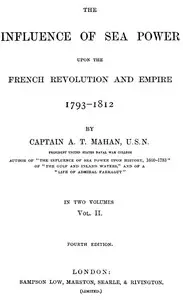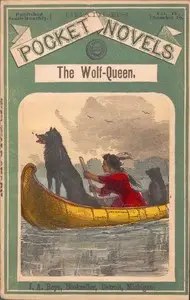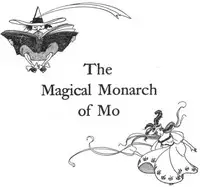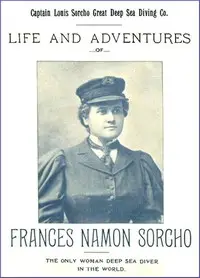"Types of Naval Officers, Drawn from the History of the British Navy" by A. T. Mahan is a historical account written in the late 19th century. This work examines the lives and careers of notable naval officers from the British Navy during the significant periods of naval warfare, particularly in the 18th century. Mahan delves into the professional characteristics and individual contributions of these officers, illustrating their roles within the broader context of maritime history and warfare. At the start of this work, Mahan sets the stage by contextualizing the naval warfare landscape at the beginning of the 18th century. He introduces the significance of various naval conflicts, particularly the War of the Austrian Succession and the Seven Years War, and discusses the evolutions in naval strategy and tactics of the time. The opening portion serves to emphasize the impact of influential figures like Hawke and Rodney, illustrating how their actions and successes played a pivotal role in shaping naval practices. Mahan also reflects on the changes in naval operations, marked by notable successes and failures of engagement, which are used as instructive examples to highlight the importance of leadership in naval history. (This is an automatically generated summary.)
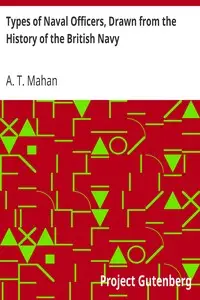
Types of Naval Officers, Drawn from the History of the British Navy
By A. T. (Alfred Thayer) Mahan
"Types of Naval Officers, Drawn from the History of the British Navy" by A. T. Mahan is a historical account written in the late 19th century. This wo...
Alfred Thayer Mahan was a United States naval officer and historian, whom John Keegan called "the most important American strategist of the nineteenth century." His 1890 book The Influence of Sea Power Upon History, 1660–1783 won immediate recognition, especially in Europe, and with the publication of its 1892 successor, The Influence of Sea Power Upon the French Revolution and Empire, 1793–1812, he affirmed his status as a globally-known and regarded military strategist, historian, and theorist. Mahan's works encouraged the development of large capital ships — eventually leading to dreadnought battleships — as he was an advocate of the 'decisive battle' and of naval blockades. Critics, however, charged him with failing to adequately explain the rise of largely land-based empires, such as the German or Ottoman Empires, though Mahan did accurately predict both empires' defeats in World War I. Mahan directly influenced the dominant interwar period and World War II-era Japanese naval doctrine of the "decisive battle doctrine" , and he became a "household name" in Germany. He also promoted American control over Hawaii though he was "lukewarm" in regards to American imperialism in general. Four U.S. Navy ships have borne his name, as well as various buildings and roads; and his works are still read, discussed, and debated in military, historical, and scholarly circles.


